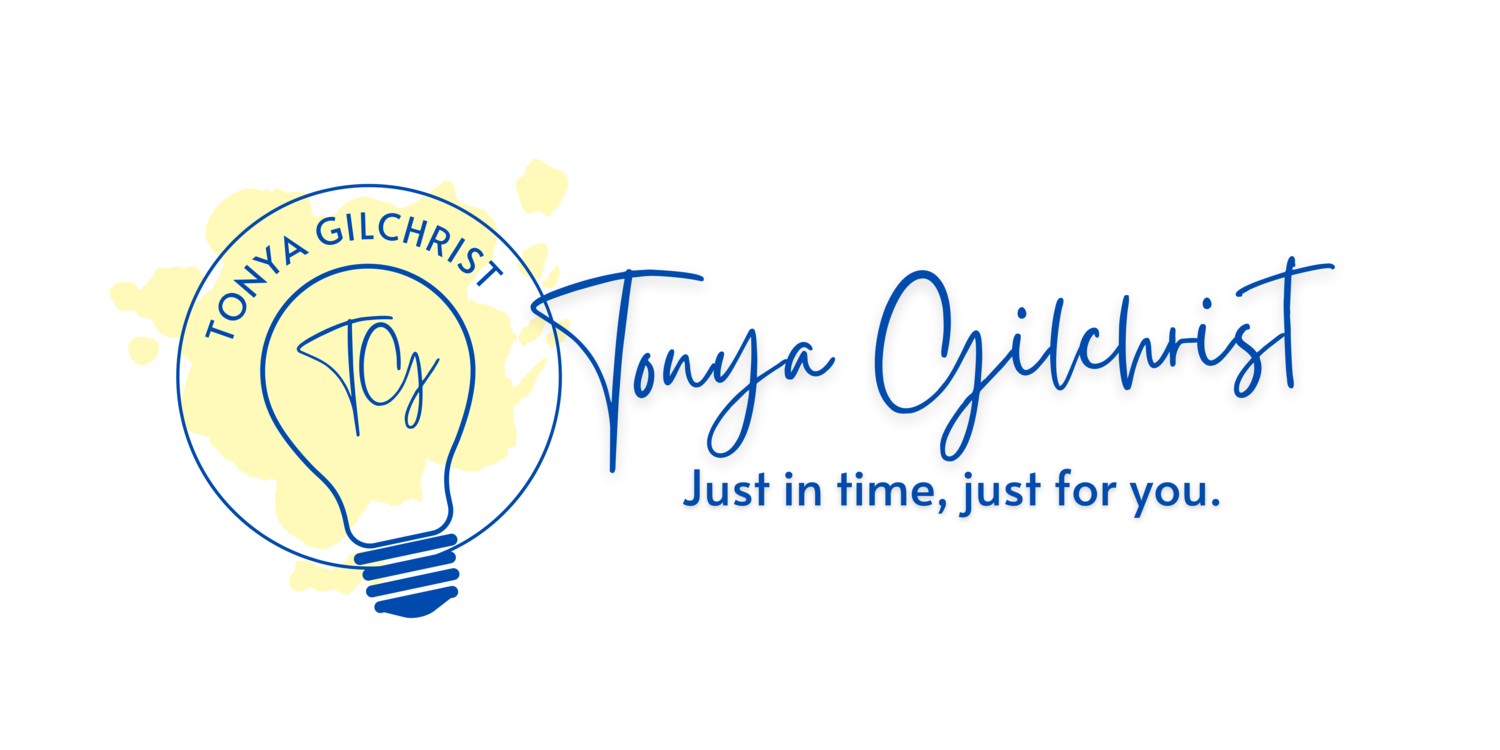What is Agency? Should It Be Measured?
There's been a great deal of talk about agency lately. This isn't too surprising. After all, it's a major component of the new, enhanced PYP. However, with the explosion of conversations surrounding this topic, many seem to think that it's merely the latest buzzword in education.But agency is not merely a buzzword.It's much, much more.For most of us, agency is something that we have always valued. We became educators because we want to instill a lifelong love of learning in our students. We want our students to develop the skills they need to have agency over their own learning and over their own lives. Of course, in addition to this passion that we have for our students, we value agency in our own lives, too.Earlier today, I was invited by a brilliant friend into an intriguing conversation on Twitter. The topic was agency. More specifically: What components need to be in place for agency to exist? Should we measure and evaluate student agency?[embed]https://twitter.com/ms_fernweh/status/1050909913919025152[/embed]I was pleasantly surprised to find that the conversation also linked to a post written by a colleague of mine at Tokyo International School. He offered several thought-provoking points. I especially appreciated that he ended his post with a plea to keep the conversation going and to offer alternative viewpoints. It's wonderful to be a part of a community that values lifelong learning and inquiry. While I agree with some of the points made, I also hold an alternative view to several points as well.I certainly agree that the aspects in the tweet's visual—forethought, clear intention, execution, and self-reflection—are valuable. However, they still do not capture all that agency encompasses.There must be voice, choice, and ownership. All of those aforementioned aspects could be in place—but without voice, choice, and ownership, learners could still simply be going through the motions and doing those things because they "have to."As educators, we must provide an environment that cultivates a culture of ownership—a culture where students have choice and voice in what they are putting forethought towards, the intention they are setting, how they execute their intentions, and how they reflect upon their actions.What about measuring and evaluating agency? Can it be done? Should it be done?We cannot measure agency itself, but we can measure how we are doing at fostering learner agency in our schools and classrooms. It's not the students we should be measuring; it's ourselves as educators and the environment we provide. In fact, we have a responsibility to evaluate ourselves and our learning environments to ensure that we empower students to exercise their agency. What are we doing to provide students with opportunities to be authors of their own learning?
All of those aforementioned aspects could be in place—but without voice, choice, and ownership, learners could still simply be going through the motions and doing those things because they "have to."As educators, we must provide an environment that cultivates a culture of ownership—a culture where students have choice and voice in what they are putting forethought towards, the intention they are setting, how they execute their intentions, and how they reflect upon their actions.What about measuring and evaluating agency? Can it be done? Should it be done?We cannot measure agency itself, but we can measure how we are doing at fostering learner agency in our schools and classrooms. It's not the students we should be measuring; it's ourselves as educators and the environment we provide. In fact, we have a responsibility to evaluate ourselves and our learning environments to ensure that we empower students to exercise their agency. What are we doing to provide students with opportunities to be authors of their own learning? In the conversation-sparking tweet, "I Can" statements were given as a potential way to measure and evaluate student agency. These included statements such as:
In the conversation-sparking tweet, "I Can" statements were given as a potential way to measure and evaluate student agency. These included statements such as:
- I can choose my own resources
- I can access my own resources
- I can explain the question I am investigating
- I can describe what my finished product or performance will look like when it is a success
- I can explain what I do not understand about _____ yet
- I can explain what I am investigating
- I can voice my opinion
Those above statements might measure knowledge, the ability to communicate, and perhaps even independence—but not agency. Agency is much more than independence. It's more than the ability to do something on your own. It's more than a skill. It's the opportunity to create, choose, take charge of, and own your knowledge, learning, and skills.Of course, another problematic aspect in attempting to measure and evaluate student agency is that you would then be communicating to students that they are either "doing agency well" or "doing agency wrong"—which only negates the agency we seek to edify.Agency is neither a skill that needs to be developed nor measured. It's something that all of us already have—the difference lies in whether others in our environments respect, value, and support it.This is a juicy topic with many, many layers. I'd love to hear your thoughts and perspectives on this, too, in the comments.

